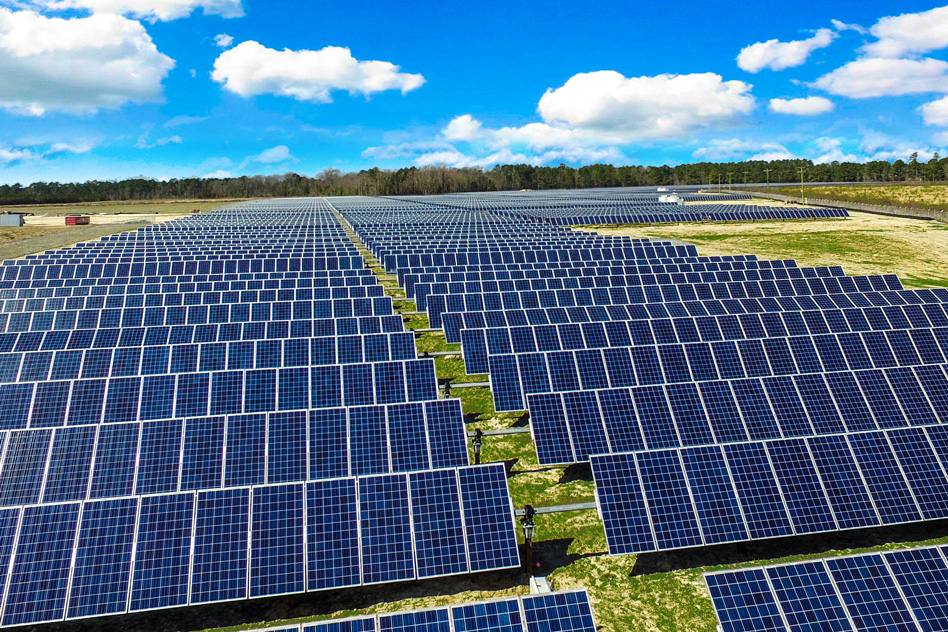Nations are facing land space issues due to the installation of gigantic solar farms. Hence governments need to adopt the floating solar farm technology. Why floating solar farms? The floating solar farm is an excellent alternative for the following reasons discussed in this article.
Land-based solar farms could occupy a considerable amount of space. One of the largest land-based solar farms in the world is the Bhadla Solar Park in India. The Bhadla Solar Park occupies over 14,000 acres of land, generating 2,245MW per hour. Only some countries can spare such space to build multiple terrestrial solar farms.
Meanwhile, floating solar farms need no land space because they can be in the ocean, lakes, or reservoirs. Installing and managing a floating solar farm is more expensive than their land-based counterparts. But in the long run, these expenses are compensated by the elimination of funds spent on fence maintenance and lack of vegetation.

Amongst many new floating solar farms installed in water bodies is a spectacular type, the innovative floating solar farm with sun-tracking technology. What is so spectacular about the sun-tracking floating solar farm? It supersedes the regular floating solar panel because it follows and tracks the sun as it moves to catch rays and maximize the clean energy produced. In other words, it can adjust to facing the sun constantly.
Proteus is among the first to combine floating solar farms with sun-tracking technology. Proteus’ name is after the ancient Greek sea god. SolarisFloat developed a Proteus prototype to test and analyze how it can boost energy generation.
According to research by SERIS, sun-tracking solar panels that are double-sided could increase energy production by 35% and the cost of electricity by 16% compared to conventional systems.
The floating solar farm can supply needed low-carbon energy without occupying land space. It also cools the water temperature by shielding the surface from the sun and preventing water’s evaporation.
According to scientists, a floating solar farm that tracks the sun can prevent the spread of toxic algal blooms. If nations shift their focus to the floating solar farm with sun-tracking technology, there will be less land congestion, efficiency despite the heat, and increased energy production.